When it comes to adhesives, Loctite is a trusted name known for providing high-performance solutions in both industrial and consumer applications. Whether you’re tackling a repair job at home or working on a professional project, finding the right Loctite product can make all the difference. Among their extensive product range, one common question arises: Which Loctite is the strongest? The answer depends on your specific application needs, including the materials being bonded, the environmental conditions, and the type of load the bond will endure.
This article dives into the strongest Loctite options, their key features, and the best use cases for each.
Understanding Loctite Adhesives
Loctite produces a variety of adhesives tailored for different materials and purposes. The three primary categories are:
- Threadlockers – Designed for securing threaded fasteners to prevent loosening due to vibration or shock.
- Epoxies – Two-part adhesives that create exceptionally strong bonds for structural and heavy-duty applications.
- Super Glues – Quick-bonding adhesives ideal for smaller, precise applications on non-porous surfaces.
Each category offers products with varying strength levels, making it crucial to understand which option fits your requirements.
The Strongest Loctite for Different Applications
1. Loctite Threadlockers
Loctite’s threadlockers are designed to keep bolts, nuts, and screws from loosening due to vibration or external forces. Among them:
- Loctite 243 (Medium Strength): While not the strongest in the threadlocker range, it provides reliable performance for parts that may require disassembly later.
- Loctite 263 (High Strength): Known for its robust bonding capabilities, Loctite 263 is the strongest in the threadlocker range. It permanently locks fasteners, making it ideal for heavy-duty machinery and automotive applications.
Best Use Case: Loctite 263 is your go-to for high-vibration environments like engines, gearboxes, and other critical mechanical assemblies where you want a permanent lock.
2. Loctite Epoxies
When it comes to the strongest structural bonds, Loctite’s epoxy products are unparalleled. Among them, Loctite EA E-120HP is a two-part adhesive that stands out for its exceptional strength and versatility. It can bond metals, composites, and plastics with incredible durability and can withstand up to 5,000 PSI.
Key features of Loctite EA E-120HP include high impact resistance and the ability to perform under extreme conditions, such as high temperatures and harsh chemicals.
Best Use Case: For demanding structural repairs, such as bonding metals in aerospace, automotive, or heavy industrial applications, Loctite EA E-120HP provides unmatched performance.
3. Loctite Super Glue (Cyanoacrylate)
Cyanoacrylate adhesives, commonly known as super glues, are ideal for quick and precise bonding. Loctite 411 is one of the strongest cyanoacrylate adhesives in the Loctite lineup, offering superior performance for non-porous materials like metal, plastic, and rubber. It provides excellent resistance to impact, moisture, and heat, making it a versatile option for various applications.
Best Use Case: Loctite 411 is perfect for quick repairs requiring precision and durability, such as fixing industrial components or high-stress parts in electronics or automotive assemblies.
Factors That Affect Bond Strength
The strength of a Loctite adhesive doesn’t just depend on the product itself—it also hinges on how it’s used. To ensure the strongest bond:
- Surface Preparation: Clean and dry surfaces before applying adhesive. Dirt, grease, or oil can weaken the bond.
- Material Compatibility: Match the adhesive to the materials being bonded. Some adhesives are specifically formulated for metals, plastics, or wood.
- Curing Time: Allow the adhesive to cure fully. Some products achieve maximum strength within minutes, while others may take hours or days.
- Environmental Factors: Consider the conditions the bond will endure, such as extreme temperatures, moisture, or chemical exposure.
Choosing the Right Loctite for Your Project
Here’s a quick guide to help you select the strongest Loctite adhesive based on your needs:
|
Application |
Strongest Loctite Product |
Key Features |
|
Threadlocking |
Loctite 263 |
High-strength, vibration-resistant |
|
Structural Bonding |
Loctite EA E-120HP |
Withstands 5,000 PSI, chemical-resistant |
|
Quick Repairs |
Loctite 411 |
Superior impact resistance, versatile bonding |
Conclusion
When it comes to determining the strongest Loctite, the answer depends on the specific demands of your project. For permanent threadlocking, Loctite 263 is unmatched. For heavy-duty structural repairs, Loctite EA E-120HP provides unparalleled strength and durability. Meanwhile, Loctite 411 is an excellent choice for fast and precise bonding with exceptional impact resistance.
By understanding the unique properties and strengths of each product, you can confidently choose the right Loctite adhesive to ensure the success and durability of your project.

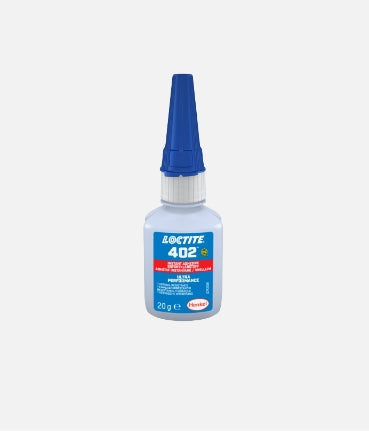
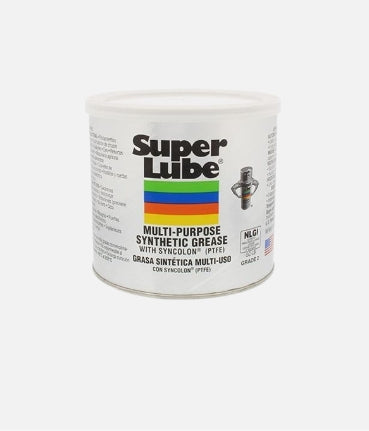
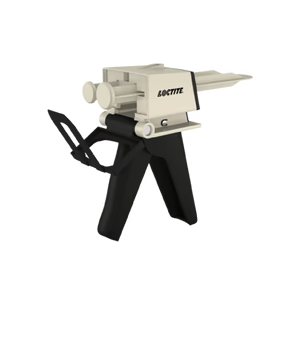
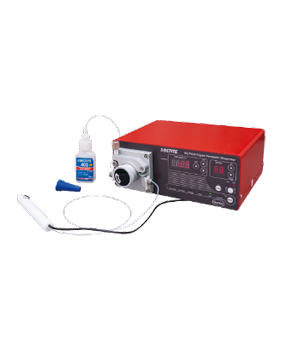
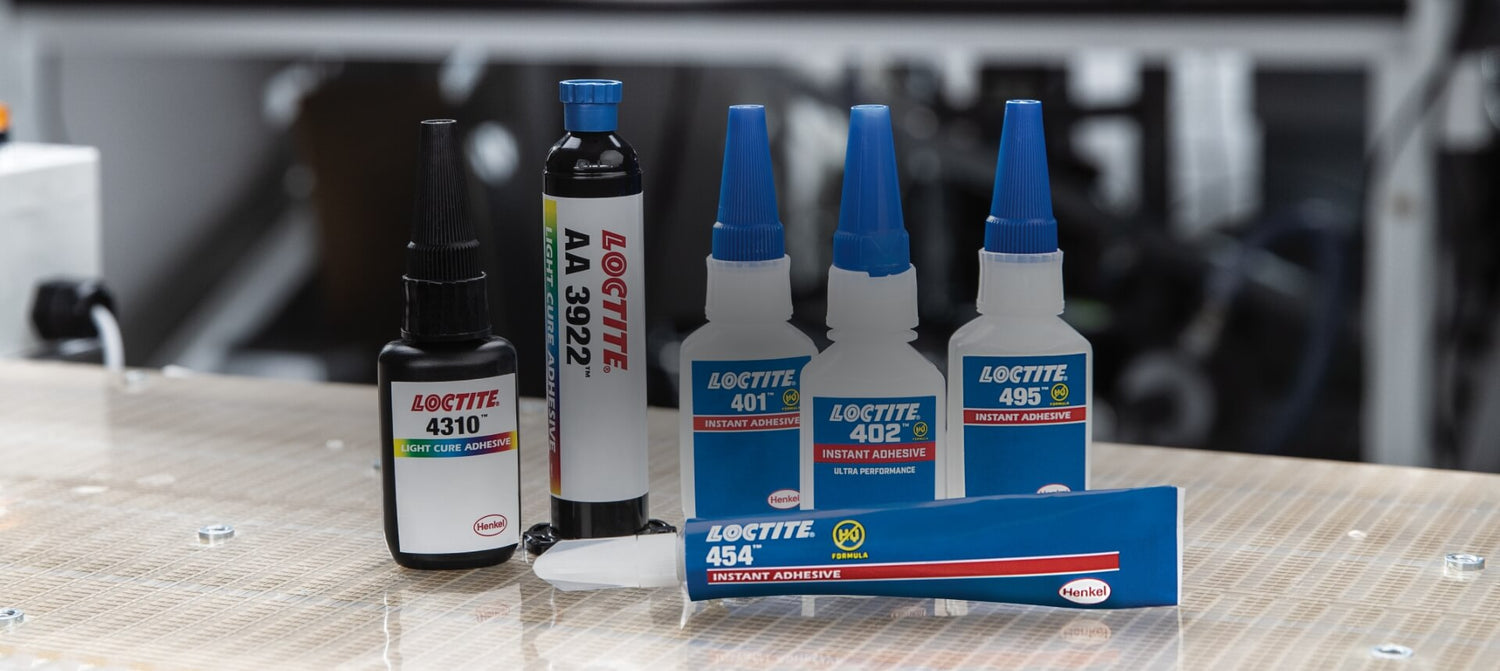
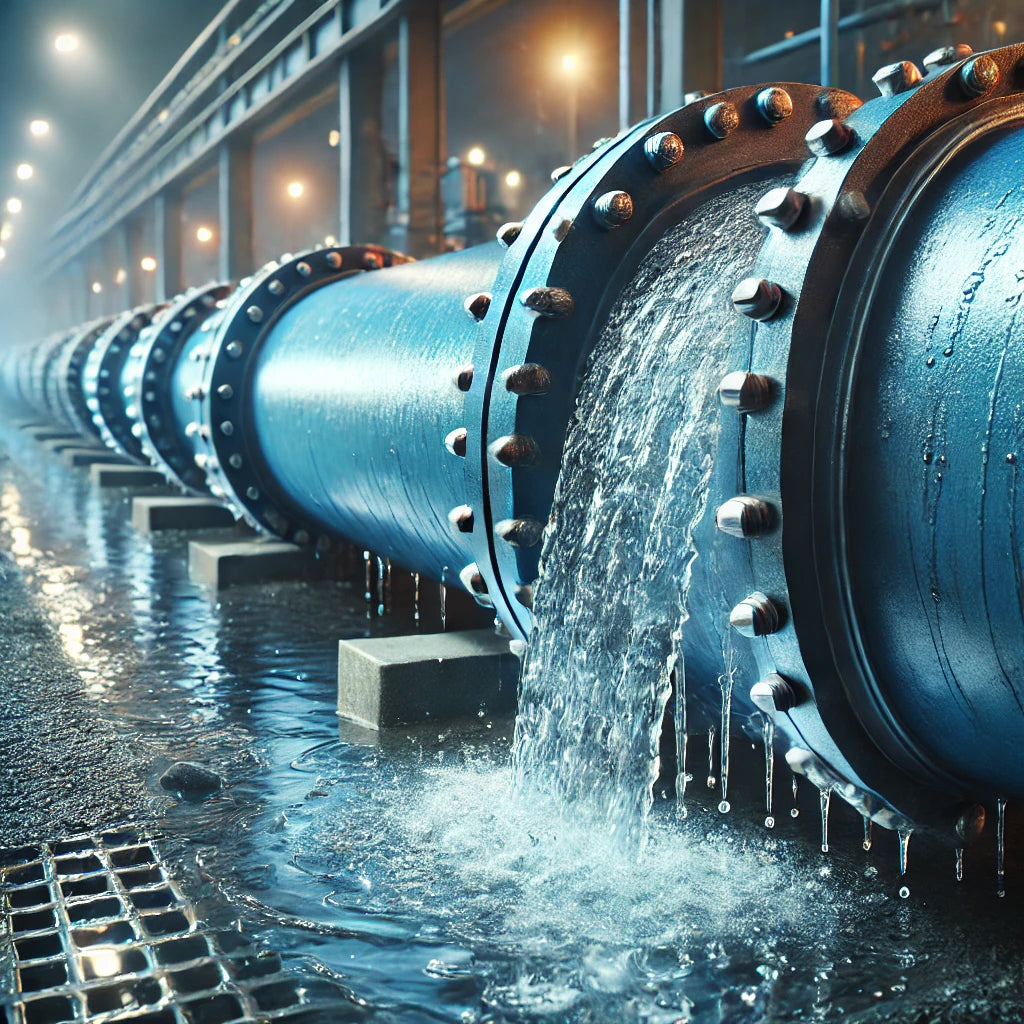
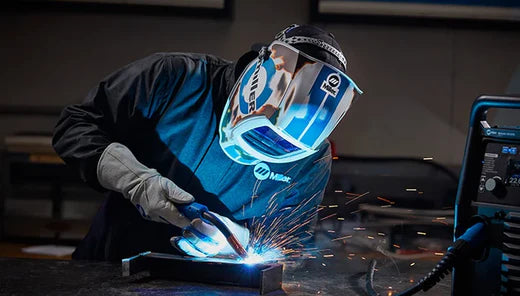
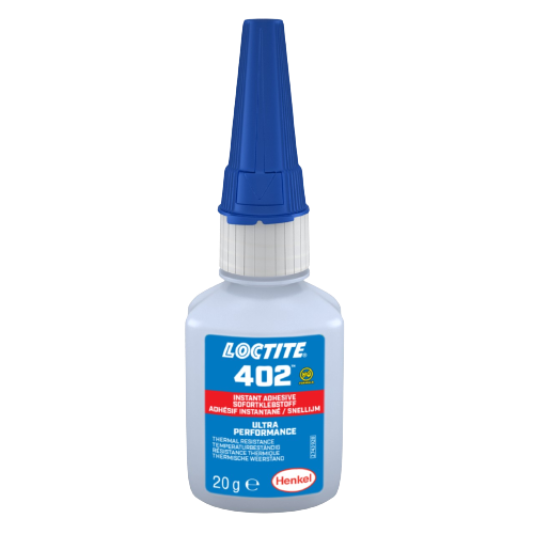
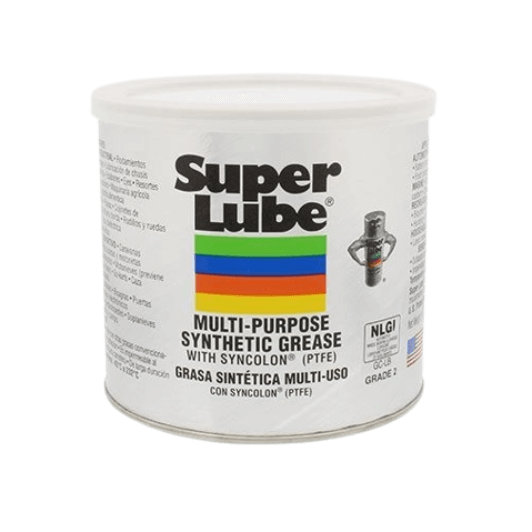
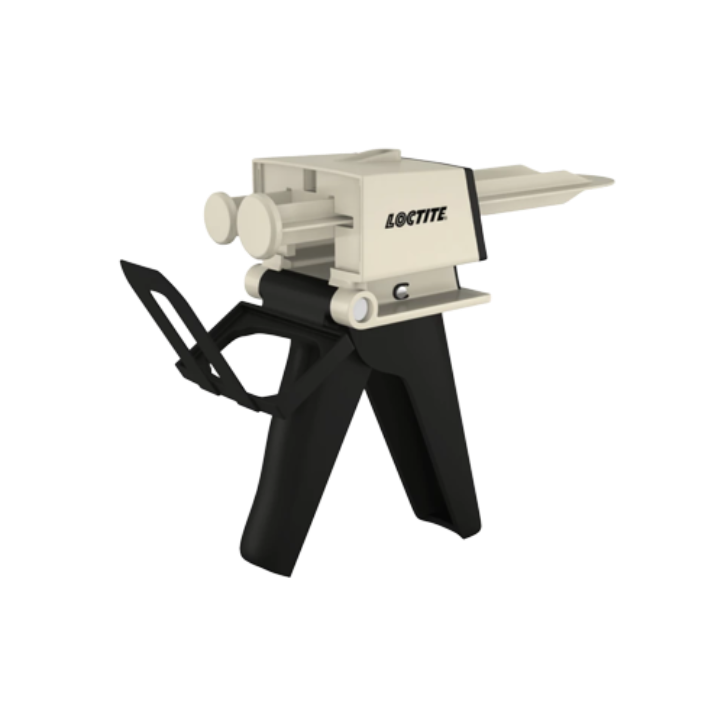
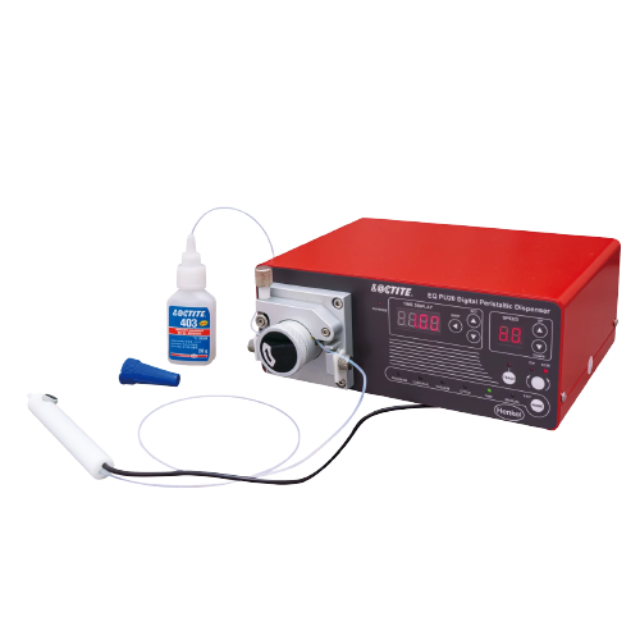
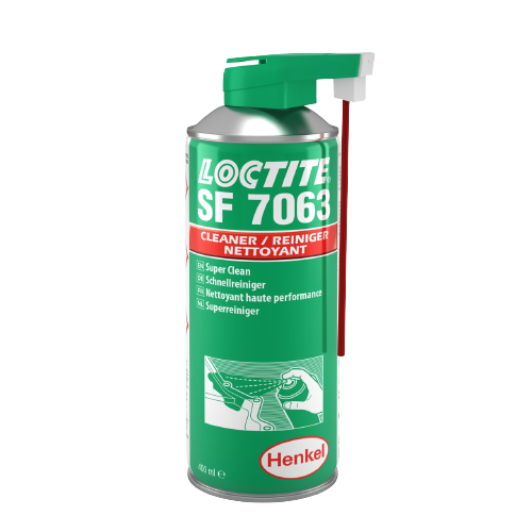
Leave a comment
All comments are moderated before being published.
This site is protected by reCAPTCHA and the Google Privacy Policy and Terms of Service apply.